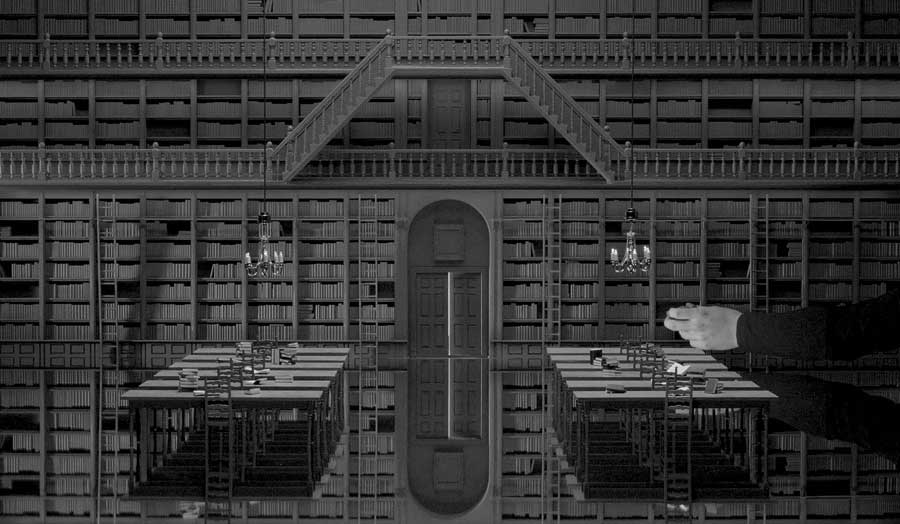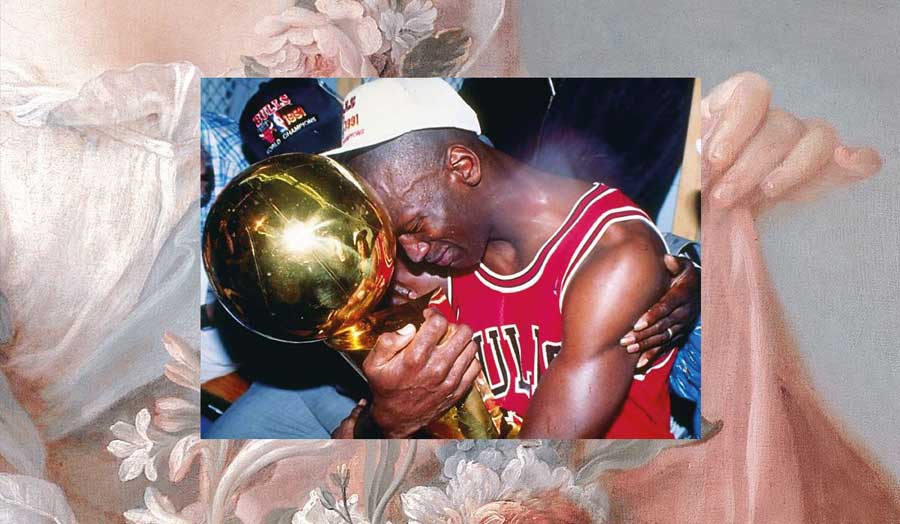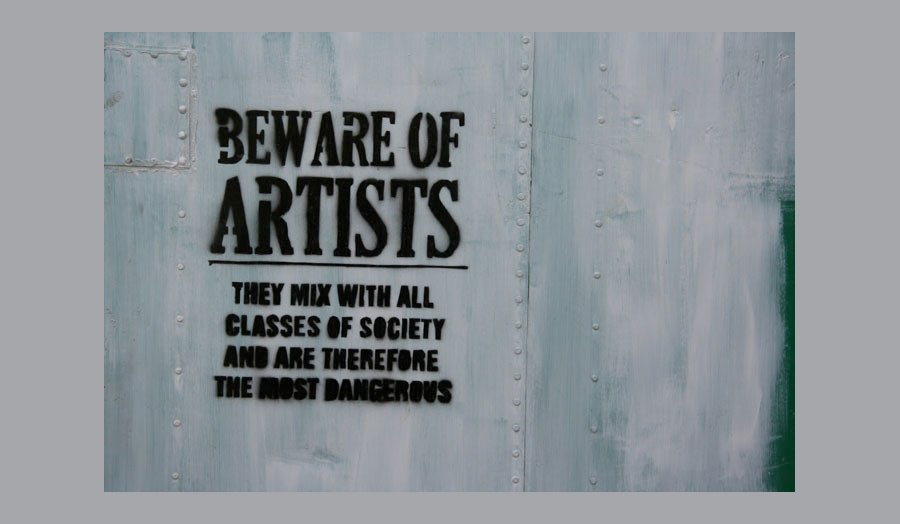Ania Dabrowska
Archives, traditionally bodies of documents, collections of artifacts, sites for the preservation of narratives and orders, evolved to encompass often interrelated practices not conventionally considered as archival. In a world suffocating with traditions, gaping at the overwhelming possibilities of a re-write and re-start, liminal spaces are the ground where curiosities can be pushed around. Different models of archives emerge, open frameworks which actively transform themselves, allowing for the creation of new relationships and perspectives.
The studio looks at processes that enable archives to become productive. Taking on a concept of “a commons of imagination” (Shaw, 2021) as a meeting point, where a commons is a place where all are welcome, the studio becomes a memory lab testing the bonds between the personal and the collective, the interconnection of heterogeneous histories, archival temporalities and deep places of myth and storytelling. The studio becomes a deep place of exploration, it facilitates a rite of passage that the dissertation writing is, guiding through the values and perils of the process of a complex and invested tribal initiation into the academic adulthood. Spaces of knowledge are devised, developed, and designed to take on more than a singular form of existence.
The studio borrows its title from Martin Shaw’s book Smoke Hole (2021) – an old story of a young shaman who reanimates a pile of bones and is confronted with a hundred people shaking themselves up in front of him, waiting for a home. “Down into the muck we go. Somewhere out there in the forest, there may well be a bump in the night. Lots of trouble you’d rather not comb through, but there is a great deal of exiled energy in the bone pile. That’s where the really good stuff is. The knowledge you gain makes your bones not just reanimate, but dance. I frequently see a woman walk out alone into a forest and ten come back. She’s reclaimed her bones.”
To gain a new perspective, or maybe an old one – like a cosmic palimpsest – emerging archives replay the past, remap presence and become agents of the future. Uncertainty is inherent to these processes; the archive becomes a knowledge network fraught with unknowns, figures that whisper, errors, vulnerabilities that are present, perhaps even amplified.
Selected bibliography
- Walter Benjamin, One-Way Street and Other Writings, (Harvard University Press, 2016)
- Karen Barad, Meeting the Universe Halfway: Quantum Physics and the Entanglement of Matter and Meaning, (Duke University Press, 2007)
- Sara Callahan, Art + Archive: Understanding the Archival Turn in Contemporary Art (Rethinking Art's Histories), (Manchester University Press, 2022)
- Paul Clarke, Simon Jones, Nick Kaye, and Johanna Linsley, Artists in the Archive. Creative and Curatorial Engagement with Documents of Art and Performance, (Routledge, 2018)
- Joan Fontcuberta, Pandora’s Camera, Photogr@phy After Photography, (MACK, 2014)
- Gabriella Giannachi, Archive Everything. Mapping the Everyday, (MIT Press, 2016)
- Jacob Lund, The Changing Constitution of the Present, (Sternberg Press, 2022)
- Quentin Meillassoux, Time Without Becoming.:1, (Mimesis International, 2014)
- Markus Miessen and Yann Chateigné (Edited by), The Archive as a Productive Space of Conflict, (Sternberg Press, 2012)
- Peter Osborne, Anywhere or Not At All: Philosophy of Contemporary Art, (Verso, 2013)
George Perec, I Remember (Gallic Books, 2020) - Griselda Pollock, Vision and Difference: Feminism, Femininity and Histories of Art (Routledge Classics, 2003)
- Martin Shaw, Smoke Hole. Looking to the Wild in The Time of The Spyglass (Chelsea Green Publishing, 2021)
- Anna-Sophie Springer and Etienne Turpin (Edited by), Fantasies of the Library, (MIT Press, 2018)
- Maura Reilly, Curatorial Activism Towards an Ethics of Curating, (Thames & Hudson, 2018)
- Anthony Storr, The Essential Jung: Selected Writings, (Fontana Press, 1998)
- Marina Warner, Forms of Enchantment: Writings on Art & Artists, (Thames & Hudson, 2018)
- Jack Zipes, Breaking the Magic Spell, (The University Press of Kentucky, 2002)
- Perry Zurn and Dani S. Bassett, Curious Minds. The Power of Connection, (MIT Press, 2022)
*
Studio image: Wangechi Mutu, Yo Mama, 2003. Banner: Hans Op de Beeck, Staging Silence (3), video still (detail), 2019

Details
| Tutor | Ania Dabrowska |
|---|



















